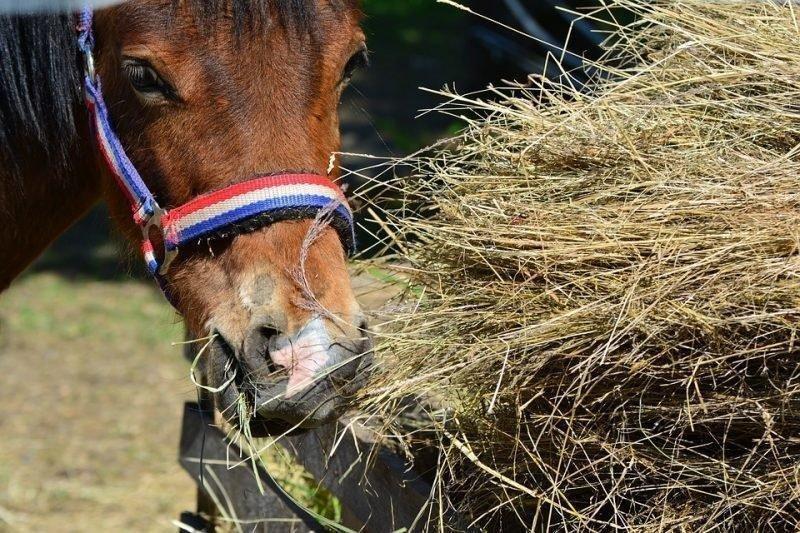A total of nine horses tragically died at a farm in Wellington after ingesting a toxic plant that was unknowingly found in the field they grazed.
Equisetum, also known as snap weed or horsetail, was the toxic plant responsible for the deaths of the horses. This is extremely detrimental to horses due to a toxin in the weed that causes neurological symptoms that eventually lead to death.
Though the plant usually grows in locations near water, the plant somehow spread into the owner’s field. The horses then found the plant and began to consume it. Several days later, the horses began to show symptoms such as weakness, stumbling and falling down and not being able to get back up.
The mysterious deaths were then investigated by Dr. Boyd Thayn and Dr. Dan Harmer at the Animal Hospital of Eastern Utah in Price. After numerous samples were collected, they were sent off to a veterinary diagnostic lab for testing.
According to Dr. Harmer, the horses were eating the plant for about a week or two before they fell ill. ““What is unusual about this case is that it was not next to water, it was in the middle of their alfalfa field,” stated Dr, Harmer. The local veterinarian then went on to explain that the plant does spread by spores. Therefore, the wind and dry air could have possibly helped spread the plant.
The remaining horses were then given an antidote that is normally an effective treatment for the illness. However, the nine horses consumed too much of the toxic plant and there was no hope in saving them, according to Harmer. The owner had a total of 17 horses and since the discovery of the weed, the remaining eight horses are still alive.
“The two biggest things are before you cut hay, before putting an animal out on pasture, if you see weeds you don’t know what they are, people should find out what it is,” stated Dr. Harmer. “The other things is when a horse dies unexpectedly, get a vet over to look at it.”
So far, this is the only case that the Animal Hospital has seen this year. If you have any questions about this case or the plant itself, contact your local veterinarian. It is also very important to contact your veterinarian if you suspect that your animal has consumed the plant. It is not only poisonous to horses, but also to cows, sheep and goats.


